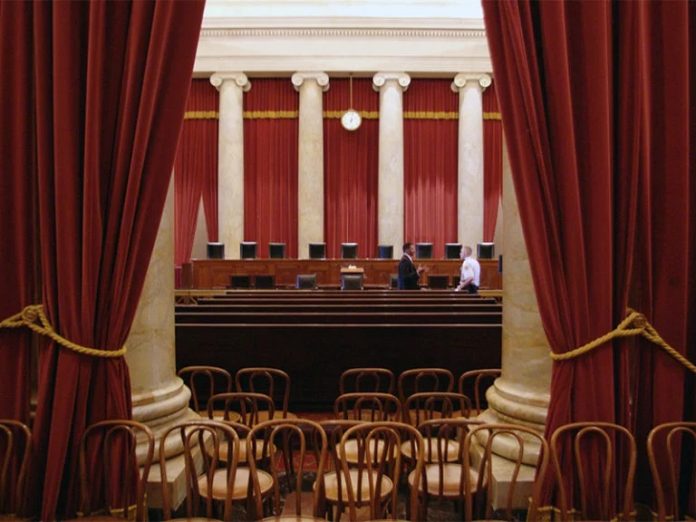Last week, the Supreme Court heard oral arguments in the most important abortion case since Whole Woman’s Health vs. Hellerstedt. In that 2016 case, the court struck down a Texas law requiring abortion clinics to have admitting privileges at a hospital within thirty miles of their location. The court said that such a law placed undue burdens on a woman’s access to abortion. That law would have led to the closing of about 75% of the state’s abortion clinics.
So far, the headlines about the case heard by the court this past Wednesday have mostly been about Senate Minority Leader Chuck Schumer threatening Justices Gorsuch and Kavanaugh, but there’s much more at stake in June Medical Services v. Russo.
This case involves a Louisiana law nearly identical to the Texas law struck down by the court. Note here that I am emphasizing the word “nearly.” Despite what you may hear from The New York Times and elsewhere, the laws are not identical, especially in how they would play out on the ground in their respective states.
That’s why, after a federal district court initially struck down the Louisiana law based on the Texas law precedent, the Fifth Circuit reversed the district court ruling, with the majority opinion citing two important ways the Louisiana law and the Texas law are different.
First, the Louisiana law would only affect about thirty percent of women seeking an abortion. Second, the requirements for doctors to obtain admitting privileges are less strict in Louisiana than Texas, meaning abortion providers could more easily comply with the law and fewer would be forced out of business. With these differences in mind, the circuit court concluded that the Louisiana law did not impose an “undue burden” on a woman’s right to an abortion.
So here we are, barely four years after deciding Whole Woman’s Health, a recently remade Court is agreeing to hear a case which could overturn precedent and create significantly more elbow room for state-level restrictions. The whole thing has abortion rights advocates, shall we say, a bit nervous.
Much of the oral arguments centered around what constitutes “an undue burden” on abortion. Chief Justice Roberts raised the possibility that the issue was a factual one. What may constitute an “undue burden” in one state, may not in another. Such factors as the number of clinics and doctors in each state, in light of the geographic size and population of the state, would need to be considered.
Source: Christian Headlines
All Content & Images are provided by the acknowledged source



